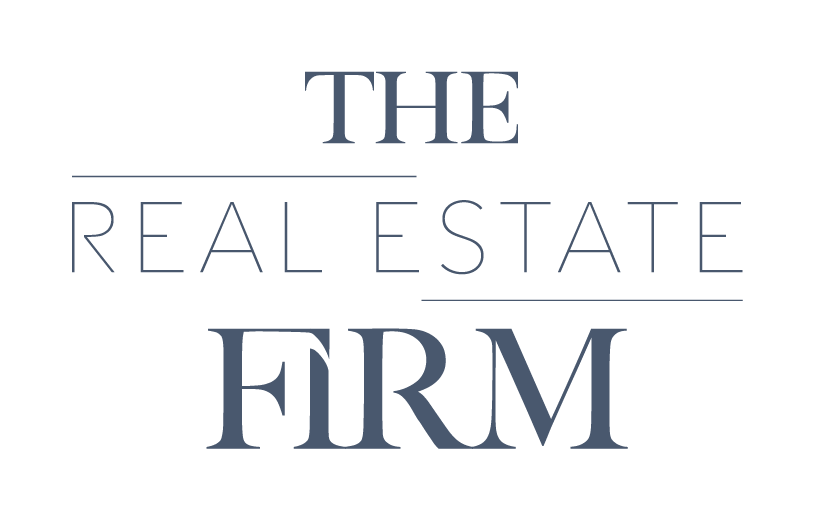Charging for Utilities
Tenants usually pay for services such as electricity, gas, phone and internet. They may also be charged for water (conditions apply).
Electricity, gas, phone and internet
The tenant should check if a service is available, and connected, before signing a tenancy agreement. If a service is not connected they should find out the cost of connection.
The property manager/owner may decide to pass on service charges to the tenant. How the amount is calculated and paid must be agreed in advance and included in the tenancy agreement.
A tenant cannot be charged more than the amount charged by the authority supplying the service. Overcharging for services is an offence.
Water and solar power
Water: a tenant may be charged for water if the property is individually metered (or water is delivered by vehicle) and the property is water efficient. See water charging for more details.
Solar power: there are a number of payment options for properties with solar power. See solar power for more details.
Insurance, tax and rates
The property owner pays for rates, property insurance and land tax. The tenant pays for contents (possessions) insurance.
Overcharging
The property owner/manager is not allowed to make a profit when on-supplying services to tenants, or to charge tenants for the cost of supplying or maintaining equipment, or for time and labour in reading meters.

